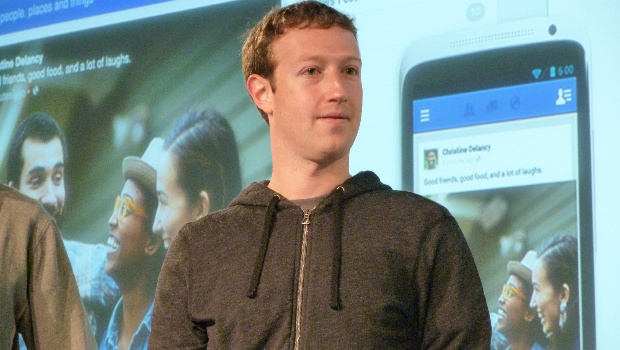 When Facebook co-founder and CEO Mark Zuckerberg was confirmed as a speaker at this year’s Mobile World Congress last month the topic of his keynote address was the benefits of ubiquitous connectivity. After the social network announced its acquisition of webtext service WhatsApp for $16 billion (plus an additional $3 billion in shares locked away for four years) maybe he should change it to ‘why telcos should ditch voice and text and listen to us’.
When Facebook co-founder and CEO Mark Zuckerberg was confirmed as a speaker at this year’s Mobile World Congress last month the topic of his keynote address was the benefits of ubiquitous connectivity. After the social network announced its acquisition of webtext service WhatsApp for $16 billion (plus an additional $3 billion in shares locked away for four years) maybe he should change it to ‘why telcos should ditch voice and text and listen to us’.
Zuckerberg’s original topic is already dated. With global smartphone penetration at 40% and rising, ubiquitous connectivity is a fact of life. The battle between mobile operators isn’t being fought in call and text pricing, it’s all about data. In Europe and the US this has been so since we got our first taste of the iPhone, HTC Dream and Palm Pre.
The rollout of 4G networks across Europe will draw further attention to VoIP and webtext services like Skype, Viber and WhatsApp. With a sympathetic data plan (good luck finding one these days) you need not worry about overstepping your regular tariff at all.
From a business perspective acquiring WhatsApp makes sense. It has a strong user base of 400 million (300,000 in Ireland) and a working revenue model based on an annual subscription of 99c with the first year free. That leaves plenty of room to expand through Facebook integration and increased more opportunities to generate revenue, possibly through the introduction a ‘freemium’ option with embedded ads you pay a subscription to remove. Given Facebook reported 53% of its revenue in the fourth quarter of 2013 came from mobile it will be interesting to see how closely WhatsApp is adjusted to resemble its new parent company, including how message content and contact lists could be mined for marketing purposes.
Zuckerberg is convinced of the benefits of taking on 400 million users of dubious spending power (who probably already have Facebook accounts) but the markets, so far, are not. Shares in Facebook were down 5% at time of writing to $68. Elsewhere the ripple effect has hit Blackberry – whose secure Blackberry Messenger service is its most prized asset – which was down 4.76% today to $9.01.
The ripple of disruption hasn’t hit mobile operators, yet. None of Vodafone, Telefonica, Hitchison Whampoa on this side of the Altantic suffered so much as a wobble, although Japanese Web services company Rakuten, which bought WhatsApp competitor Viber for $900 million, was down 4.81% on the Nikkei. Keep calm and carry on.
So, what can the average user expect to see in the next few months? WhatsApp integration with Facebook profiles would be great for keeping people on their profiles longer and managing their IM and SMS conversation in much the same way – also giving advertisers more time to pitch to possible customers. Otherwise you can expect the exact same as happened in 2012 when Facebook bought picture-sharing network Instagram: convenient integration if you want it, nothing much if you don’t.
As WhatsApp powers ahead with its massive valuation you might want to spare a thought for Google, who had its $1 billion buyout offer refused only last month; and picture messaging service Snapchat, that recently turned down a $3 billion offer from Facebook. Maybe fate will bring these two losers together with a less spectacular deal.
In other Mobile World Congress news, Samsung will be revealing the Galaxy S5, HTC will unveil its new flagship phone, Sony will have a new range of tablets and LG will show off its new range of Android 4.4 KitKat handsets. Usual stuff.








Subscribers 0
Fans 0
Followers 0
Followers